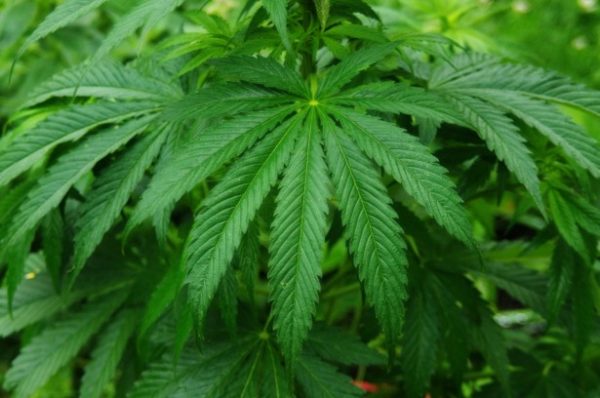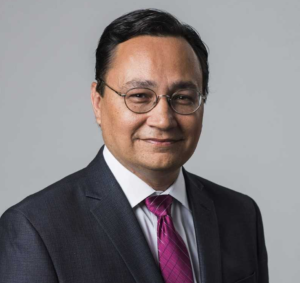
- Details
- By Chuck Hoskin Jr
Guest Commentary
The way that our society views hemp and cannabis is evolving, with many questions yet to be answered in the public’s mind. Some Cherokee Nation citizens have called on the Cherokee Nation to immediately hop on board, while others feel that we should steer clear of this new industry.
With that in mind, I believe we have a responsibility to carefully study any legal, medical or ethical barriers to the use of cannabis before deciding what our involvement will be as a tribal nation.
As a first step, we recently announced changes to our government employment policy regarding drug screenings for existing employees and new hires who hold a valid medical marijuana license. Tribal government employees will not be punished for undergoing medicinal cannabis treatment, and I remain supportive of all valid physician-prescribed treatments.
Even though medicinal consumption of cannabis is legal with a state-issued card in Oklahoma, it is important to note that federal law has not changed. Our Cherokee Nation policy change does not affect policies currently in place at Cherokee Nation Businesses, but CNB is currently reviewing all drug-testing policies. CNB entertainment facilities are located on tribal trust lands, and we remain committed to the safety of both our guests and our employees as we examine policy options within the regulatory framework applicable to those properties.
 Cherokee Nation Principal Chief Chuck Hoskin, Jr.
Cherokee Nation Principal Chief Chuck Hoskin, Jr.
Modernizing Cherokee Nation statutes and policies impacting this emerging industry is a complex road to navigate. Toward that end, we have assembled a team to help the tribe move forward carefully and responsibly. The Cherokee Nation Executive Work Group on Hemp, Cannabis and Related Opportunities is a seven-member panel that I appointed to study a broad spectrum of issues, including commerce, health care and agriculture.
Our exploratory team includes experts from our health services, government relations and natural resources departments, as well as the Cherokee Nation attorney general’s office and Cherokee Nation Businesses. Work group members will evaluate these complex issues and make recommendations for sensible and effective policy in this rapidly expanding area. This work group will report its findings and recommendations by the end of May.
Indian Country has a place at the starting line of this emerging industry, as hemp and cannabis products re-enter commercial and medicinal arenas after decades of being outlawed in the United States.
As laws change, work policies modernize and economic opportunities arise, Cherokee Nation will scrutinize whether hemp and cannabis offer long-term options for our citizens, our businesses and northeast Oklahoma. I believe the future is wide open, but we must look before we leap. Our prudent investigation will help to ensure success and sustainability before we step into this newest chapter of health care and economic development.
Chuck Hoskin, Jr. is the principal chief of the Cherokee Nation.
More Stories Like This
Native News Weekly (August 25, 2024): D.C. BriefsNavajo Nation Mourns the Passing of Former Vice President Rex Lee Jim
Deb Haaland Earns Endorsement From Communications Workers of America Local 7076
University Soccer Standout Leads by Example
Two Native Americans Named to Democratic Congressional Campaign Committee's“Red to Blue” Program
Help us defend tribal sovereignty.
At Native News Online, our mission is rooted in telling the stories that strengthen sovereignty and uplift Indigenous voices — not just at year’s end, but every single day.
Because of your generosity last year, we were able to keep our reporters on the ground in tribal communities, at national gatherings and in the halls of Congress — covering the issues that matter most to Indian Country: sovereignty, culture, education, health and economic opportunity.
That support sustained us through a tough year in 2025. Now, as we look to the year ahead, we need your help right now to ensure warrior journalism remains strong — reporting that defends tribal sovereignty, amplifies Native truth, and holds power accountable.
 The stakes couldn't be higher. Your support keeps Native voices heard, Native stories told and Native sovereignty defended.
The stakes couldn't be higher. Your support keeps Native voices heard, Native stories told and Native sovereignty defended.
Stand with Warrior Journalism today.
Levi Rickert (Potawatomi), Editor & Publisher
